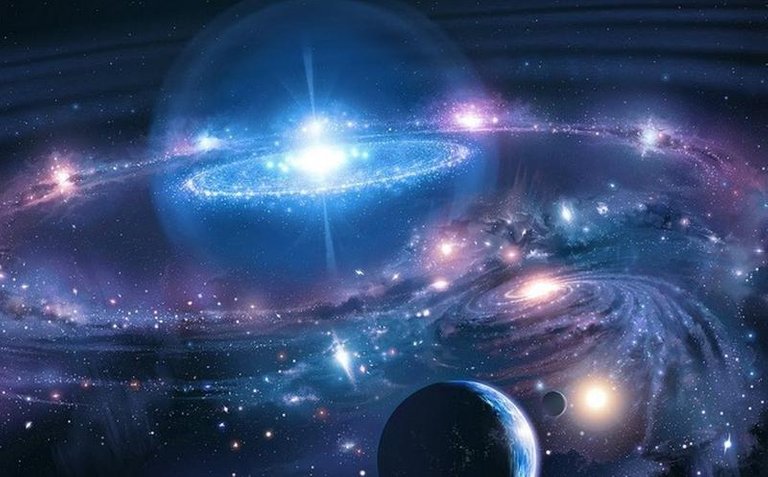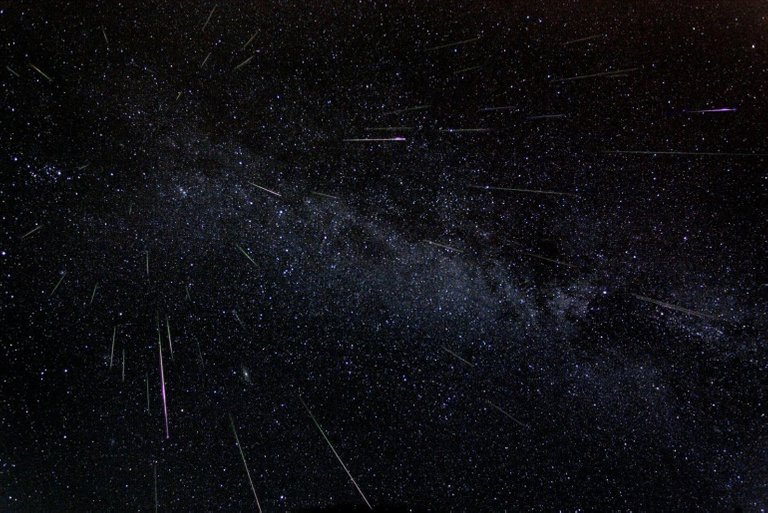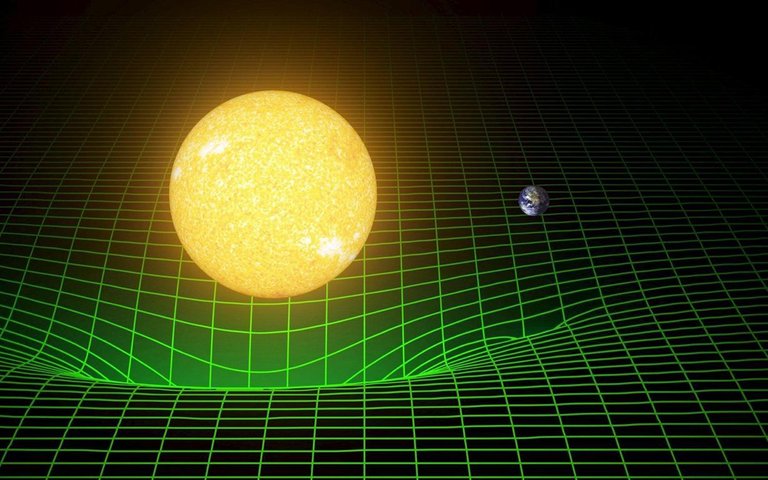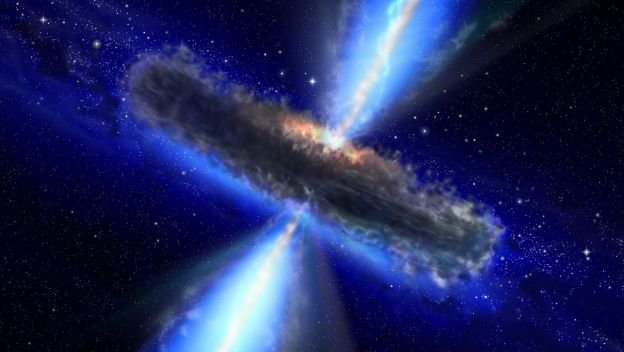

Science does not know everything but is investigating it.
 ! Here I present 5 unknowns that have not yet been resolved.
! Here I present 5 unknowns that have not yet been resolved.

We have a fairly clear idea of how life has evolved from simple organisms to more complex ones but we still do not know for sure how life itself originated, that is, how Abiogenesis was given, was it from RNA? A self-replicating molecule or first were the protocells; bubbles of fat, life came from outer space (Panspermia), another hypothesis proposes that life was formed much earlier, shortly after the Big Bang.

There are lots of possible models:
RNA world, Panspermia, Lipid world, By electricity, Metabolic reactions, Clay, Virus, Iron-sulfur world, Underwater chimney, Protective ice, Thermosynthesis, Deep and hot biosphere, Information theory, Radioactive beach, Multiple origins.
But all agree that there was molecular evolution as proposed by Oparin and Haldane in 1924.
In the early decades of the 20th century, Aleksandr Oparin (in 1924), and John Haldane (in 1929, before Oparin's first book was translated into English), independently suggested that if the primitive atmosphere was reducing (as opposed to oxygen-rich), and if there was an appropriate supply of energy, such as lightning or ultraviolet light, then a wide range of organic compounds might be synthesised.
Oparin suggested that the organic compounds could have undergone a series of reactions leading to more and more complex molecules. He proposed that the molecules formed colloid aggregates, or 'coacervates', in an aqueous environment. The coacervates were able to absorb and assimilate organic compounds from the environment in a way reminiscent of metabolism. They would have taken part in evolutionary processes, eventually leading to the first lifeforms.
Haldane's ideas about the origin of life were very similar to Oparin's. Haldane proposed that the primordial sea served as a vast chemical laboratory powered by solar energy. The atmosphere was oxygen free, and the combination of carbon dioxide, ammonia and ultraviolet radiation gave rise to a host of organic compounds. The sea became a 'hot dilute soup' containing large populations of organic monomers and polymers. Haldane envisaged that groups of monomers and polymers aquired lipid membranes, and that further developments eventually led to the first living cells.
Haldane coined the term 'prebiotic soup', and this became a powerful symbol of the Oparin-Haldane view of the origin of life.


No, it's not a class that Professor Snape gave at Hogwarts.
Astrophysicists have noticed curious phenomena, for example the speed at which the stars of the galaxy move could only be explained if they had more stars than they really have.
Is there invisible matter out there? Although no one has detected it because it does not emit light or any other type of signal, it is inferred that dark matter must exist because it interferes with the behavior of the gravity of the universe.
It is calculated that 84.5% of the mass of the universe is dark matter, nobody knows what it is, we only know that it is not made up of baryon particles like protons and neutrons.



Newton discovered the formulas that describe his behavior.
Einstein explained how it results from the fact that matter doubles space time but until now no one knows why mass doubles space time.
Quantum physics describes the performance of forces that govern the behavior of subatomic particles but gravity still escapes explanations.
There is a graviton?, It will be possible to unify the theory of relativity with quantum physics, maybe someday we will know.
Maybe one of you. Our curious minds discover it.



If the universe started with a big bang, it would be expected that the galaxies would slow down.
But no, the universe expands faster and faster to what increases this speed has been called "dark energy" but no one really knows what it is.
It could be the expression of the cosmological constant conceived by Einstein or the so-called scalar fields or the energy of the vacuum known as Quintaescence, the only thing we are sure of is that this invisible force is 68.3% of the energy of the universe.



Think about this: a liquid is fluid and incapable of having a fixed form, a gas even more but if the mixtures instead of obtaining a weak substance you get a firmer, closer to a solid.
The foam, a substance formed by liquid membranes that trap gas portions.
It is estimated that a soap foam is 95% gas and only 5% is liquid.
Why does it behave like an elastic solid? It is known that foam is formed thanks to surface tension and Van der Waals forces but its physics is still misunderstood.
For example, there is no theory that predicts how stiff or viscous a foam will be from the size of the bubbles or the amount of liquid.



This is f * c k i n g h a r d, bro. I'm loving it, i'm loving it, i'm loving it. I will keep around here seeing your posts about science!
Thank you! también está en Español. Para la próxima ya sabes :D
Gloriosooooooooo.